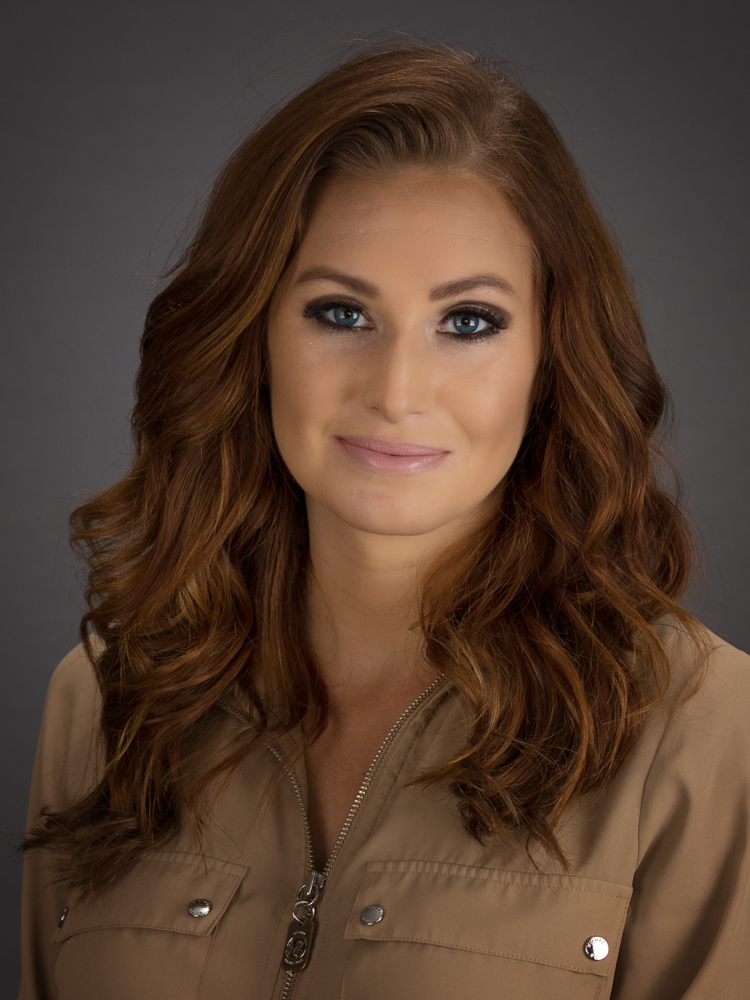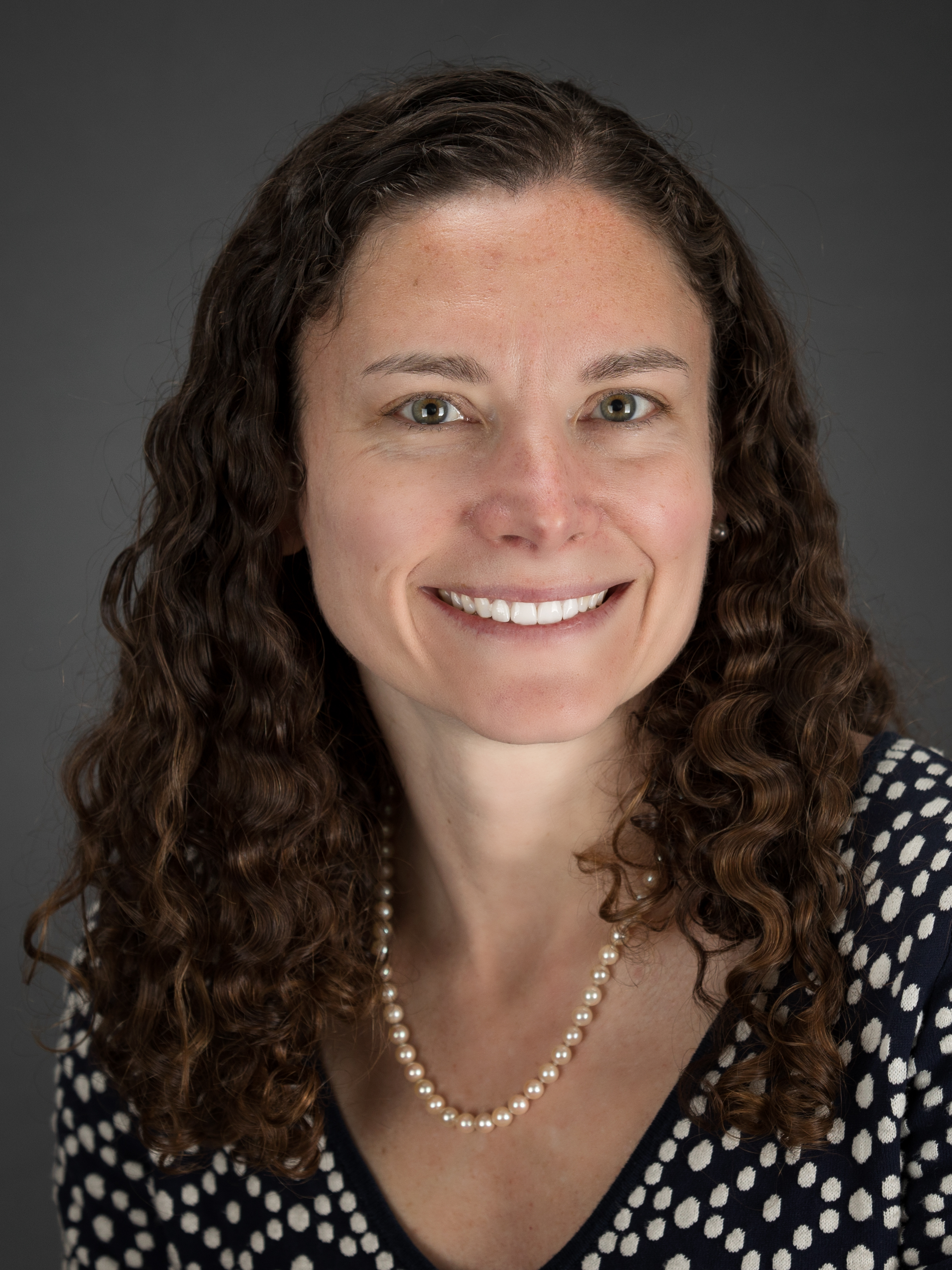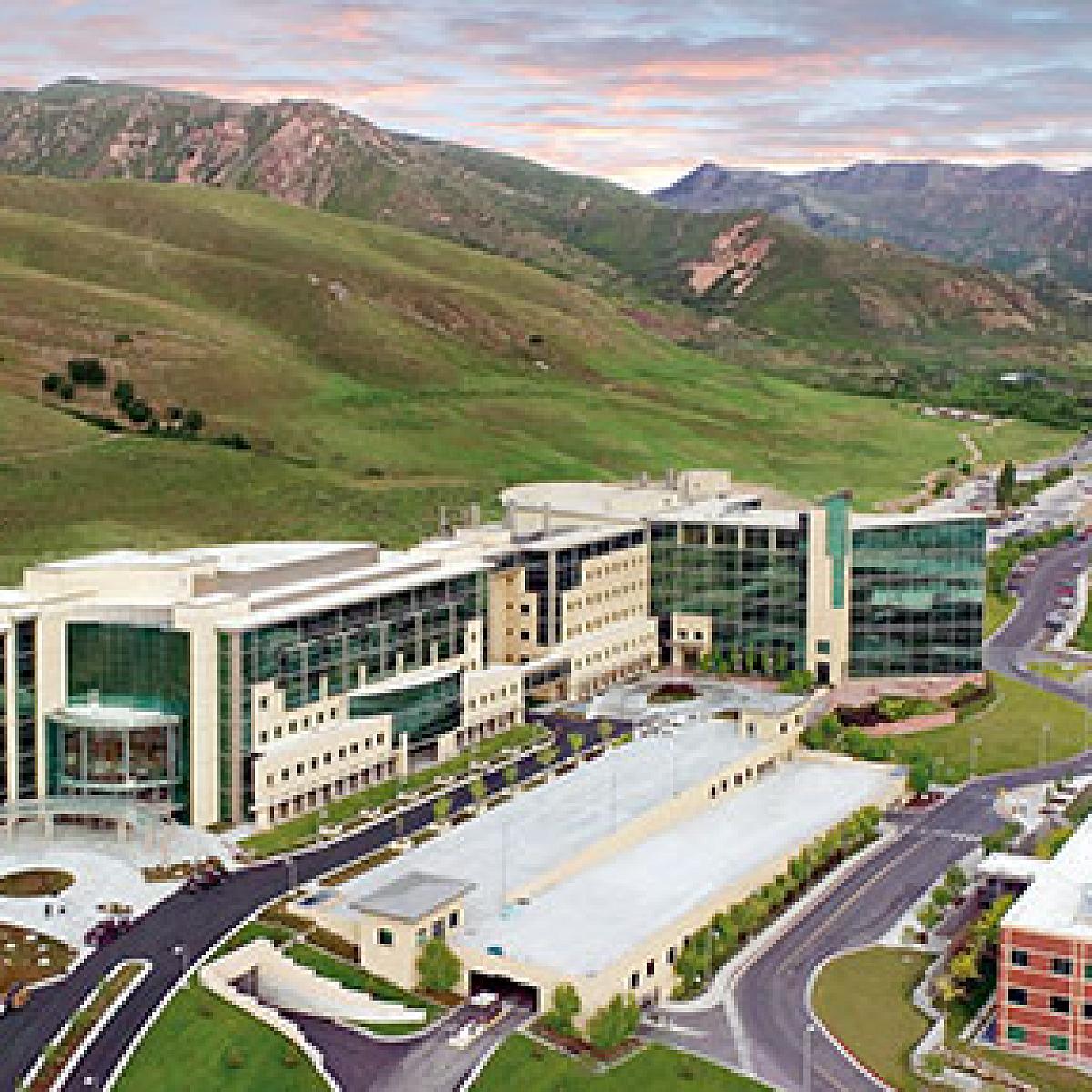
Fellowship
Fellowship Overview
Our three-year program provides a rich and stimulating training environment to give each fellow extensive clinical and research expertise in reproductive endocrinology and infertility. Our mission is to train clinical experts in reproductive endocrinology and infertility for academic medicine. We strive to prepare fellows with the following:
2025 Recruitment
Important Dates for REI Interview Process
- Thurs, May 1, 2025 (12 pm CST): Deadline for fellowship programs to receive fellowship applications.
- Wed, June 4, 2025: Initial notification to invite candidates for interviews.
- Wed, June 11, 2025 (12 pm CST): Initial deadline for applicants to accept or decline interview date. Additional interview invitations can be sent at this time
- Fri, June 20, 2025: Deadline for alerting invited candidates as to which interview date they are given (including option of wait listing them if they cannot make the offered slot) as well as informing ALL candidates of their status (i.e. invited for interview; wait-listed; or denied).
- Sep 11, 2025 (9 pm ET): Rank Order List Certification Deadline
We follow the SREI Guideline Interview dates and we accept applications via ERAS
Program Description
The Reproductive Endocrinology and Infertility Fellowship at the University of Utah accepts one fellow per year. We are accredited by ACGME.
First Year Fellowship
The first year of the fellowship is dedicated to clinical training. Our program offers a variety of complex reproductive surgeries including correction of Müllerian anomalies. Fellows are an integral part of our ART program, and on ART rotations, participate in daily rounds, reviewing all IVF cases.
They are trained in oocyte retrieval and embryo transfer. During non-ART clinical rotations, fellows participate in clinics with the faculty, and also have their own independent clinics. REI fellows receive comprehensive training in ultrasound, saline sonohysterogram, and hysterosalpingography.
Second Year Fellowship
The second year of the REI fellowship is fully devoted to research. Fellows participate in both basic science and clinical research. Fellows work with faculty research mentors during the first year to develop a project and obtain IRB or other necessary approvals, so that the entire second year can be devoted to performance of research.
Fellows may leverage existing collaborations with basic science and clinical investigators throughout the University and other sites nationally. Our faculty have served as investigators in large, NIH-funded clinical trials, creating opportunities for fellow projects.
The Utah Population Database is a unique resource for population based analyses and studies. The Obstetrics & Gynecology Research Network at the University of Utah provides support in composing and submitting IRB applications and grant proposals. Many projects are internally funded, and fellows are encouraged to apply for external funding as applicable. Those who choose to may earn the Masters of Science in Clinical Investigation through the University of Utah.
Recent Fellows Include:
- The Use of 2D and 3D Ultrasound in Examination of Uterine Scar Niche and Subsequent Fertility Outcomes (Dr. Meredith Humphreys)
- Primary Ovarian Insufficiency Has Strong Heritability: Results of a Multigenerational Genealogical Study (Dr. Lauren Verrilli)
- Effect of Alkylating Agent Chemotherapy on the Uterus of Young Adult Cancer Survivors (Dr. Deepika Garg)
- Sperm epigenetics in recurrent pregnancy loss (Dr. Yetunde Ibrahim)
- Transgenerational effects of chemotherapy (Dr. Biren Patel)
- Adolescent body mass index (BMI) of offspring conceived to subfertile couples: does route of conception matter? (Dr. Megan Link).
Third Year Fellowship
The third year of the REI fellowship includes 6 months of clinical time including IVF, and 6 months of elective time, in one month blocks. Fellows participate in longitudinal clinical experiences in medical endocrinology and pediatric endocrinology during the third year.
Activities during elective time may include ART, research, male fertility, oncofertility, transgender medicine, and surgery, and are customized for each individual fellow.
Didactic Curriculum
Our fellowship curriculum includes weekly didactic sessions led by the faculty with topics based on the REI Blueprint as published by ABOG. Additionally, fellows participate in selected didactics and interdisciplinary case conferences with pediatric and medical endocrinology. We hold monthly journal clubs to discuss innovative and important basic science and clinical papers as a division, and also participate in joint journal clubs with other divisions including Maternal Fetal Medicine. Our division has lead 2 Fertility and Sterility Journal Clubs Live:
Fellows attend the ASRM Annual Meeting in the second and third years, the SREI Fellows’ Symposium in the first and third years, and one additional conference in most years. We sponsor each fellow to attend the ASRM Embryo Transfer Certificate Course.
Contact Us

Nikki Dotter
Academic Program Manager
Contact: Nikki.dotter@hsc.utah.edu

